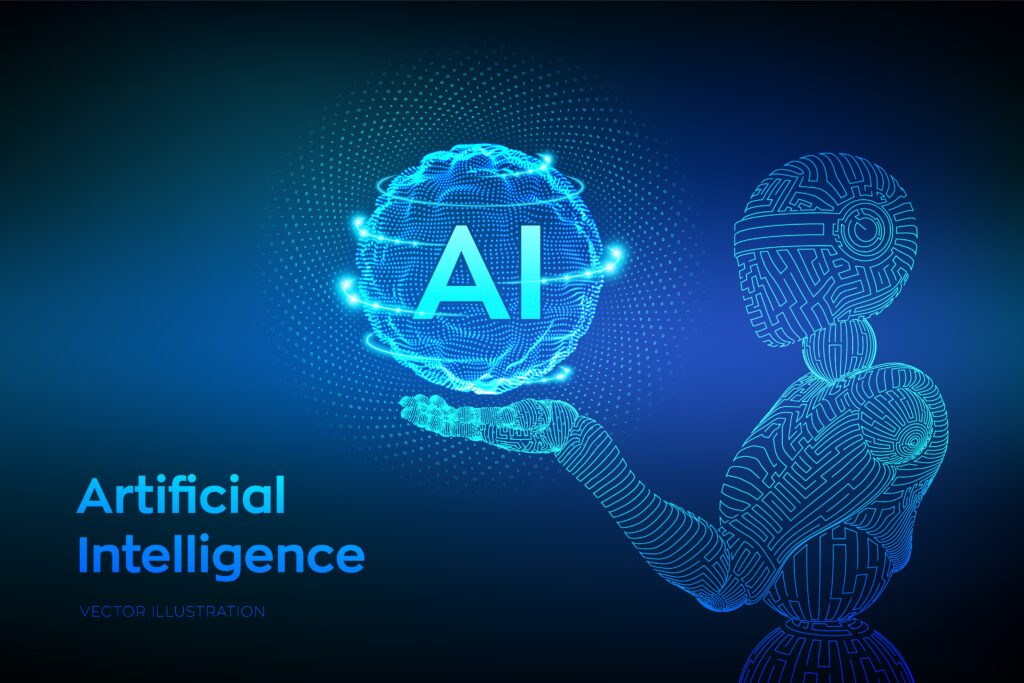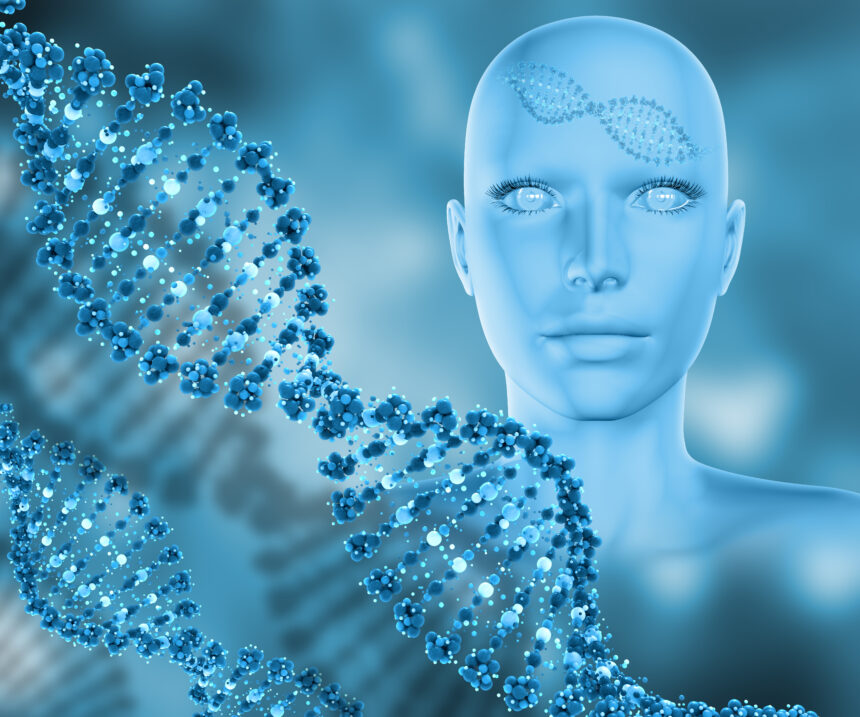Recent advancements in artificial intelligence (AI) have led to a groundbreaking development in the field of genomics. A new AI model has been created to predict gene expression across various human cell types, representing a major step forward in the understanding of how genes function in different cells of the human body. This research, which aims to revolutionize how scientists study gene expression, has the potential to enhance personalized medicine, disease treatment, and our general understanding of human biology.
The Challenge of Gene Expression Prediction
Gene expression refers to the process by which information from a gene is used to produce a functional product, such as a protein. These products play a crucial role in cell functions and overall organism health. However, the regulation of gene expression is complex, and it varies across different types of human cells. For example, a liver cell expresses a different set of genes than a muscle cell or a neuron.
This complexity has posed a significant challenge for researchers who wish to predict how genes behave in different cell types. Traditional methods of studying gene expression often rely on laboratory experiments that can be time-consuming and costly. Moreover, these methods are not always able to provide comprehensive insights into how genes behave in different contexts.
AI as a Solution

In an effort to overcome these challenges, researchers have developed a novel AI model that can predict gene expression across a broad range of human cell types. The model, which is based on deep learning algorithms, uses large datasets of gene expression data collected from different human cell types to make predictions about gene activity in cells that have not been directly studied.
This AI-powered model is trained using data derived from resources such as the Genotype-Tissue Expression (GTEx) project, which provides valuable information on gene expression patterns in various tissues and organs. By analyzing this data, the AI model is able to learn the complex patterns and relationships between genes and their expression in different cell types.
How the AI Model Works
The model’s deep learning algorithms work by identifying patterns in gene expression data, making it capable of predicting how genes will behave in various cell types under different conditions. These predictions are not only based on the gene’s inherent properties but also consider how external factors such as environmental conditions or disease states may influence gene expression.
The AI model is able to predict gene expression across a wide array of cell types, including blood cells, skin cells, muscle cells, and even neurons. This capability is particularly important because it enables researchers to make predictions about gene behavior in cell types that are difficult to study in the lab, such as neurons in the brain or specific immune cells.
Applications and Impact

The potential applications of this AI model are vast. One of the most exciting aspects of this technology is its ability to accelerate the discovery of gene-function relationships. By predicting gene expression across different cell types, the model can help researchers identify new biomarkers for diseases and discover novel therapeutic targets. This could lead to more effective treatments for a wide range of conditions, including cancers, neurological disorders, and genetic diseases.
Moreover, this AI model holds promise for personalized medicine. By accurately predicting how a patient’s genes will behave in specific cell types, doctors could tailor treatments based on an individual’s unique genetic profile, leading to more precise and effective interventions.
The model also has significant potential in drug development. Pharmaceutical companies could use the AI tool to predict how drugs will affect gene expression in various tissues, allowing them to identify promising compounds more quickly and accurately.
Future Directions
While the current AI model has shown great promise, researchers are continuing to refine and expand its capabilities. One key area of future development is improving the model’s ability to predict gene expression in rare or less well-studied cell types. In addition, efforts are underway to integrate data from other biological sources, such as protein interactions, epigenetic modifications, and other molecular pathways, to make the predictions even more robust.
Another area of focus is increasing the model’s ability to predict gene expression in diseased or pathological conditions. This would help in understanding how diseases alter gene activity and identify potential therapeutic interventions.
Conclusion
The development of an AI model that can predict gene expression across human cell types marks a significant milestone in genomics and biotechnology. By harnessing the power of AI, researchers now have a powerful tool to explore the complex world of gene regulation in ways that were previously unimaginable. The model’s applications in personalized medicine, drug discovery, and disease research have the potential to transform medical science and lead to more effective treatments for a wide variety of diseases. As the technology continues to evolve, it promises to unlock even deeper insights into human biology, paving the way for future breakthroughs in healthcare.






